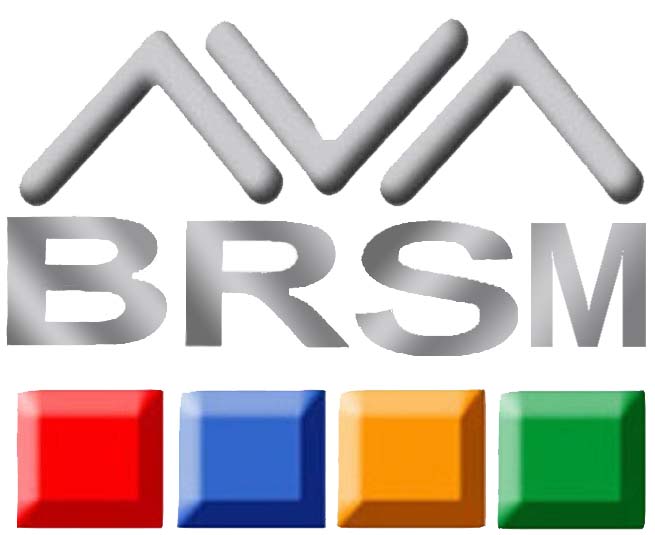The upcoming revision of ISO 9001, scheduled for release in December 2025, is poised to introduce substantial updates designed to align the standard more closely with modern business needs and challenges. Below are some of the key changes anticipated:
Strengthened Risk-Based Approach
Building on the framework established in the 2015 edition, the 2025 revision is expected to further embed risk management within Quality Management Systems (QMS). This update will encourage organizations to go beyond simply identifying and mitigating risks by actively exploring opportunities for improvement.
Integration of Digital Transformation
The revised standard is likely to address the growing importance of digital transformation. It may include explicit requirements related to data security and the adoption of advanced technologies, such as artificial intelligence (AI) and machine learning. This shift will push organizations to leverage digital tools for more efficient data collection, analysis, and reporting.
Increased Focus on Sustainability
Reflecting global emphasis on environmental responsibility, ISO 9001:2025 is expected to incorporate provisions for incorporating sustainability into quality management practices. Organizations may be encouraged to adopt environmentally friendly processes that align with international sustainability objectives.
Enhanced Customer-Centric Processes
Customer satisfaction, a longstanding pillar of ISO 9001, is anticipated to receive even greater emphasis. The update may require organizations to implement more robust methods for understanding and meeting customer needs, including improved mechanisms for collecting and analyzing customer feedback.
Strengthened Supply Chain Management
In response to recent global disruptions, the revision could introduce new requirements to enhance supply chain resilience. Organizations may need to demonstrate strong processes for assessing and managing supplier performance effectively.
Focus on Employee Engagement and Competence
Recognizing the vital role of employees in achieving quality goals, the new standard is likely to stress the importance of fostering a quality-driven culture. It may include more detailed guidelines for ensuring employee engagement and building the necessary competencies across the organization.
Emphasis on Organizational Knowledge
Effective management of organizational knowledge is expected to become a central element of the updated standard. Organizations will need to ensure that critical knowledge is preserved and leveraged to support informed decision-making within the QMS framework.
Conclusion
These anticipated changes aim to ensure that ISO 9001 remains a dynamic and relevant standard, equipping organizations to navigate emerging challenges and capitalize on opportunities in quality management. The revised standard’s publication is planned for December 2025, reflecting a forward-looking approach to enhancing business excellence.
